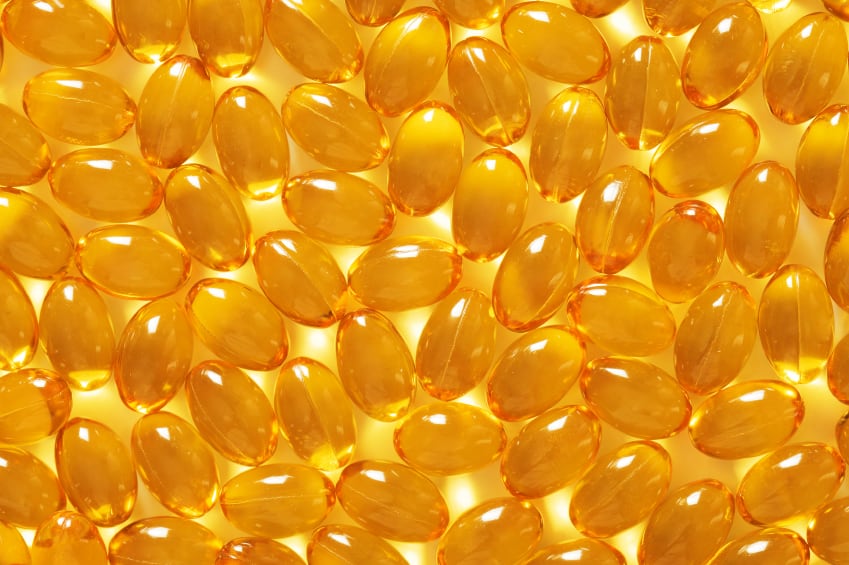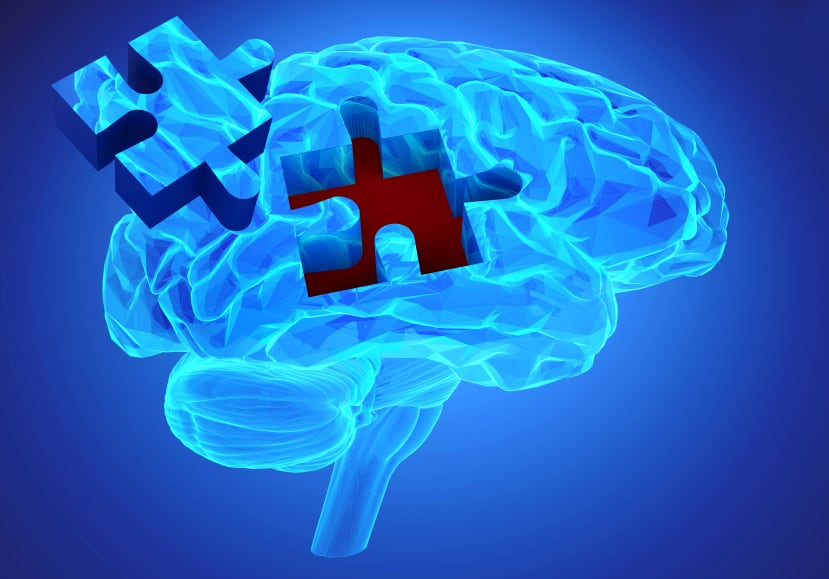In the study, researchers from the University of Pittsburgh’s departments of epidemiology and neurology found a correlation between arterial stiffening and dementia.
They arrived to this conclusion after following 356 older adults without diagnosed dementia from 1998 through 2013. They noted that participants with aortic stiffness were more likely to have risk of dementia, even after adjusted by age, sex, and education.
The report, published in the Journal of Alzheimer’s Disease in 2018 and posted on the open-access platform PMC last week, does not specifically mention vitamin K2, but at its conclusion, the authors posited that results warrant further research on interventions to slow arterial stiffening to reduce the risk of dementia.
Some studies have suggested that vitamin K2 supplementation may slow down arterial stiffness, such as one from 2015 that linked vitamin K2 supplementation to improved arterial function in women, and another from 2017 linking the vitamin to vascular function benefits.
“Vitamin K2 as MK-7 is the only compound to date shown to impact arterial calcification through its activation of [matrix gla protein], which is why it is garnering attention from the medical community as a potential therapy,” said Christopher Speed, senior vice president of global sales and marketing with Norwegian K2-supplier NattoPharma, commenting on the latest findings by the researchers in Pittsburgh.
NattoPharma is one of a number of companies that have pioneered the bacterial fermentation of vitamin K2, which can be found naturally in fermented foods such as cheese and natto (a Japanese soybean dish commonly eaten for breakfast).
Study details
The study’s participants were part of the 15-year long longitudinal study called the Cardiovascular Health Study Cognition Study (CHS-CS), which had 924 participants who had a brain MRI in 1992-1994.
By 1998 (the beginning of this current study), out of the 924 total, 199 participants were deceased, 116 were demented, 77 did not have a detailed cognitive evaluation, and 176 had generally lower scores of the cognitive evaluation, leaving the 356 dementia-free patients for analysis.
Researchers performed an annual cognitive assessment of the CHS-CS cohort members. They also conducted a measurement technique called carotid-femoral pulse wave velocity (cfpWV), which gauges aortic stiffness.
During this period, 212 cases of dementia occurred among the 356 patients. Researchers found that higher cfpWV at the mean age of 78 was significantly associated with higher risk of incident dementia over 15-years of follow-up.
Source: The Journal of Alzheimer’s Disease
Published online, DOI: 10.3233/JAD-180449
“Aortic Stiffness is Associated with Increased Risk of Incident Dementia in Older Adults”
Authors: Chendi Cui, et al




